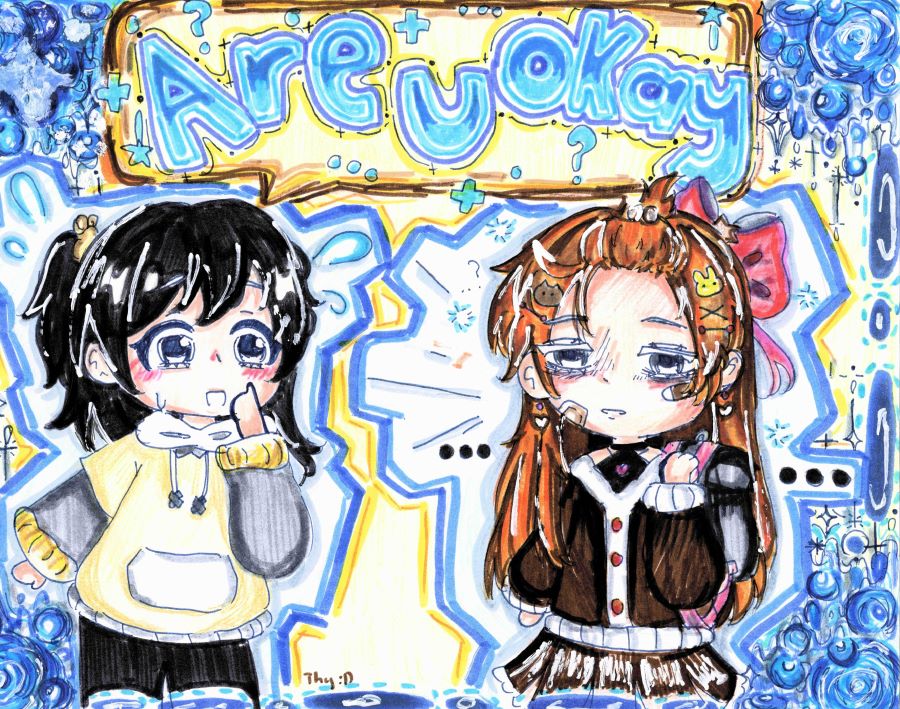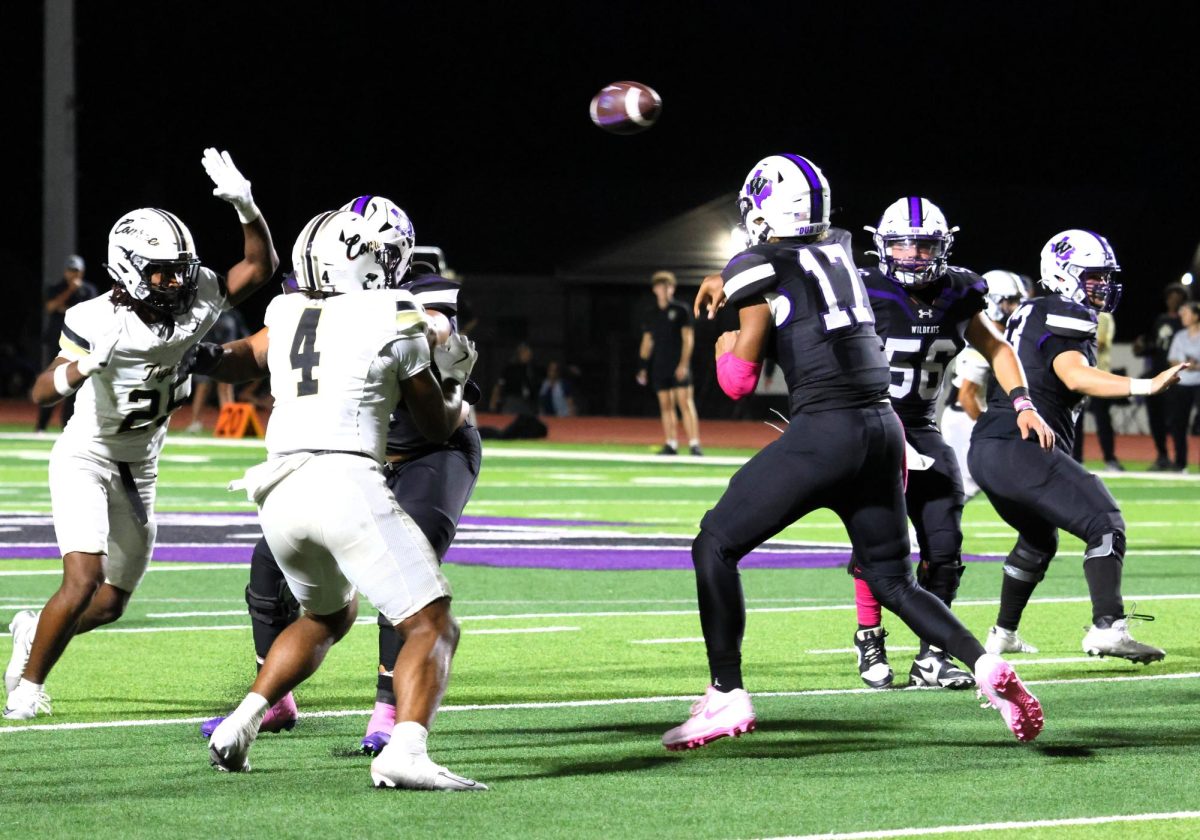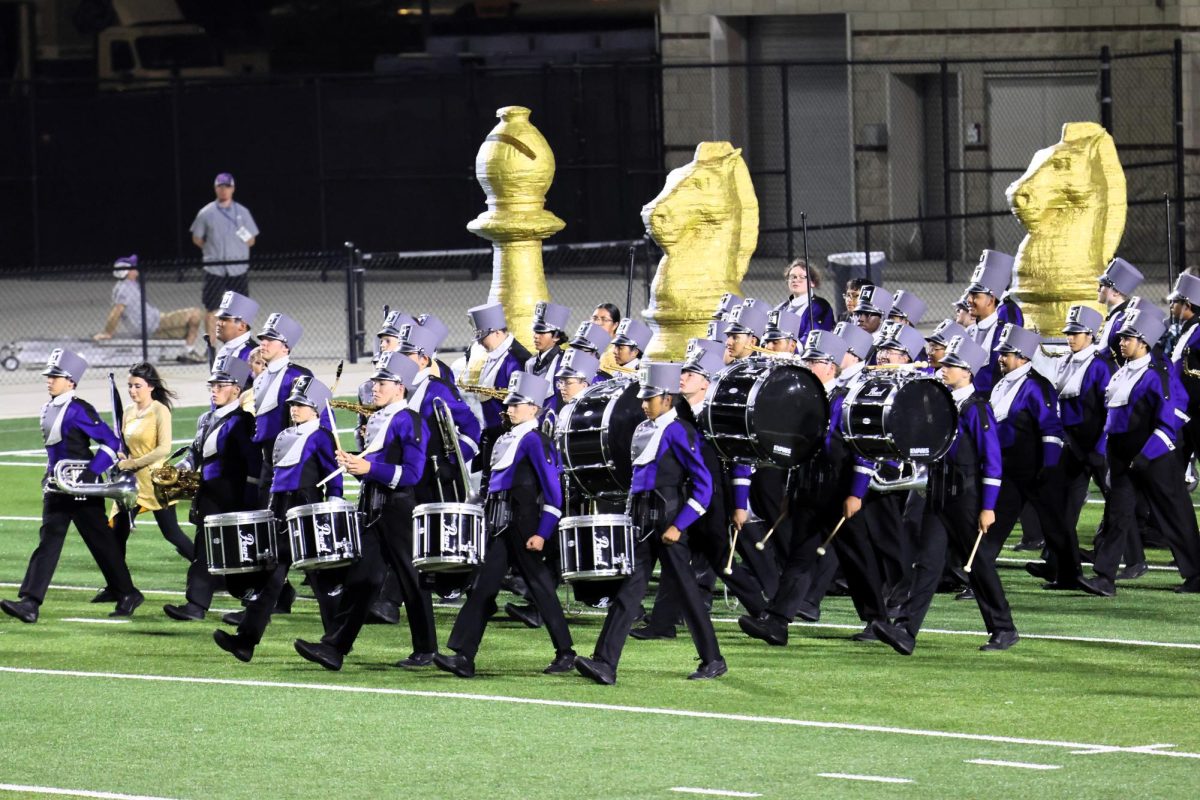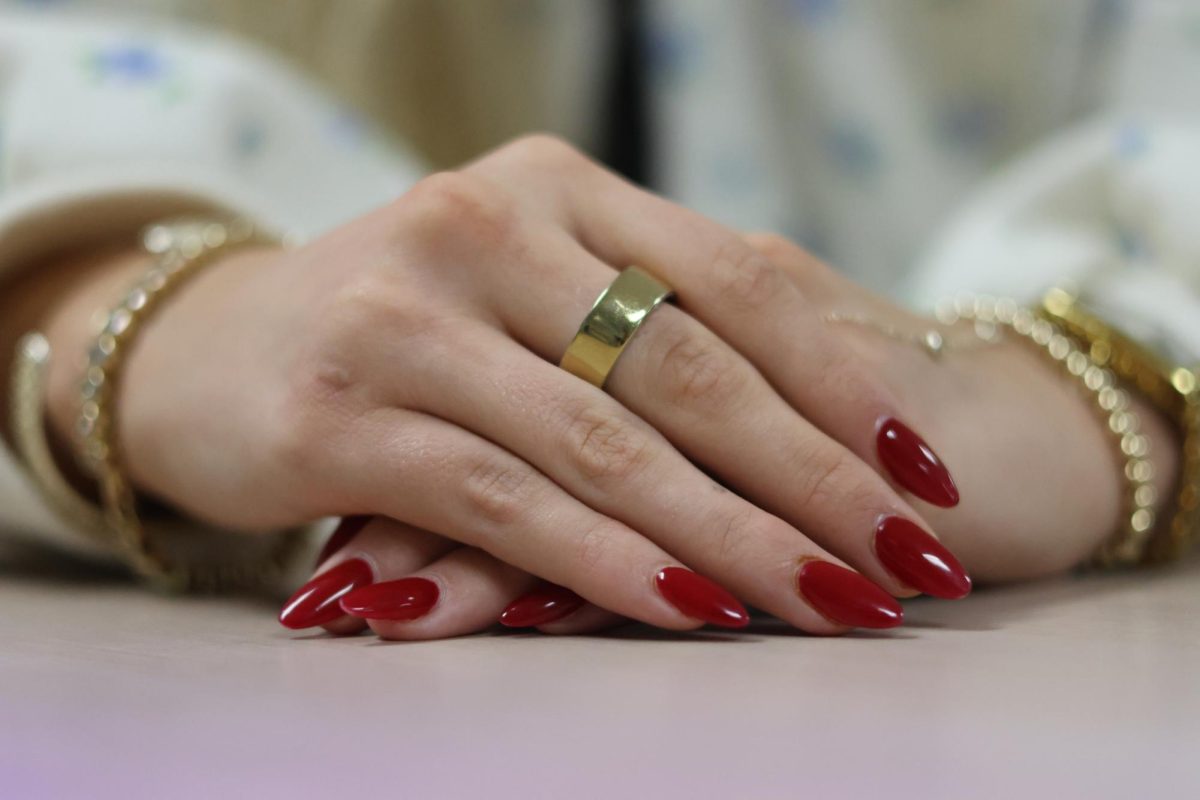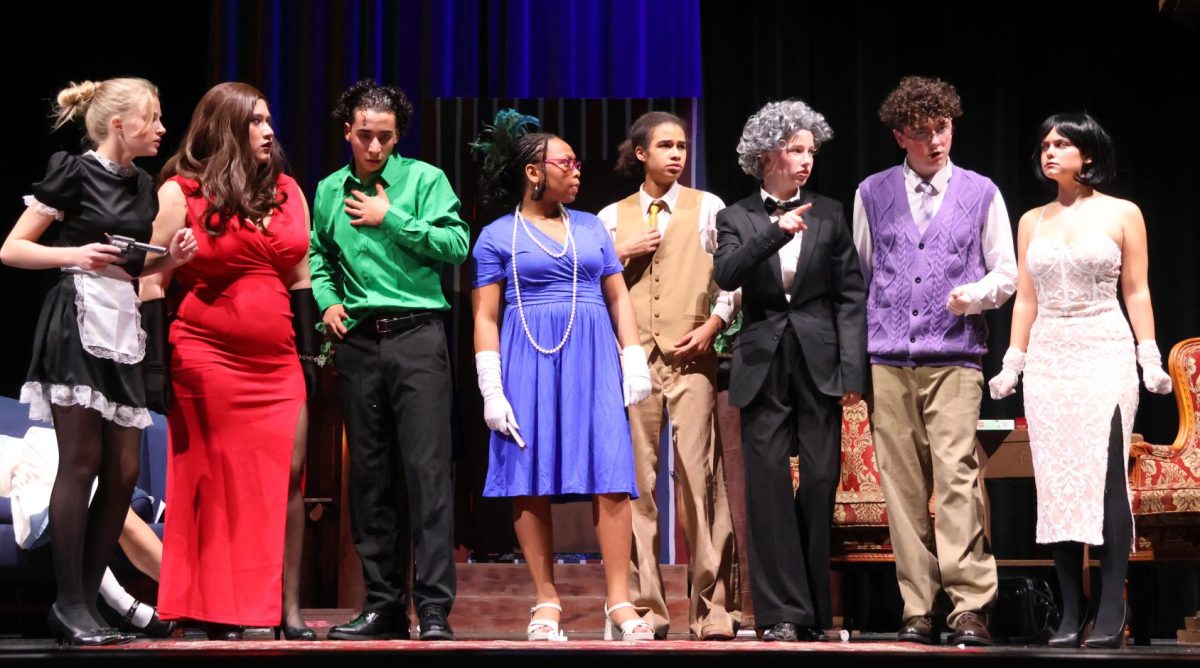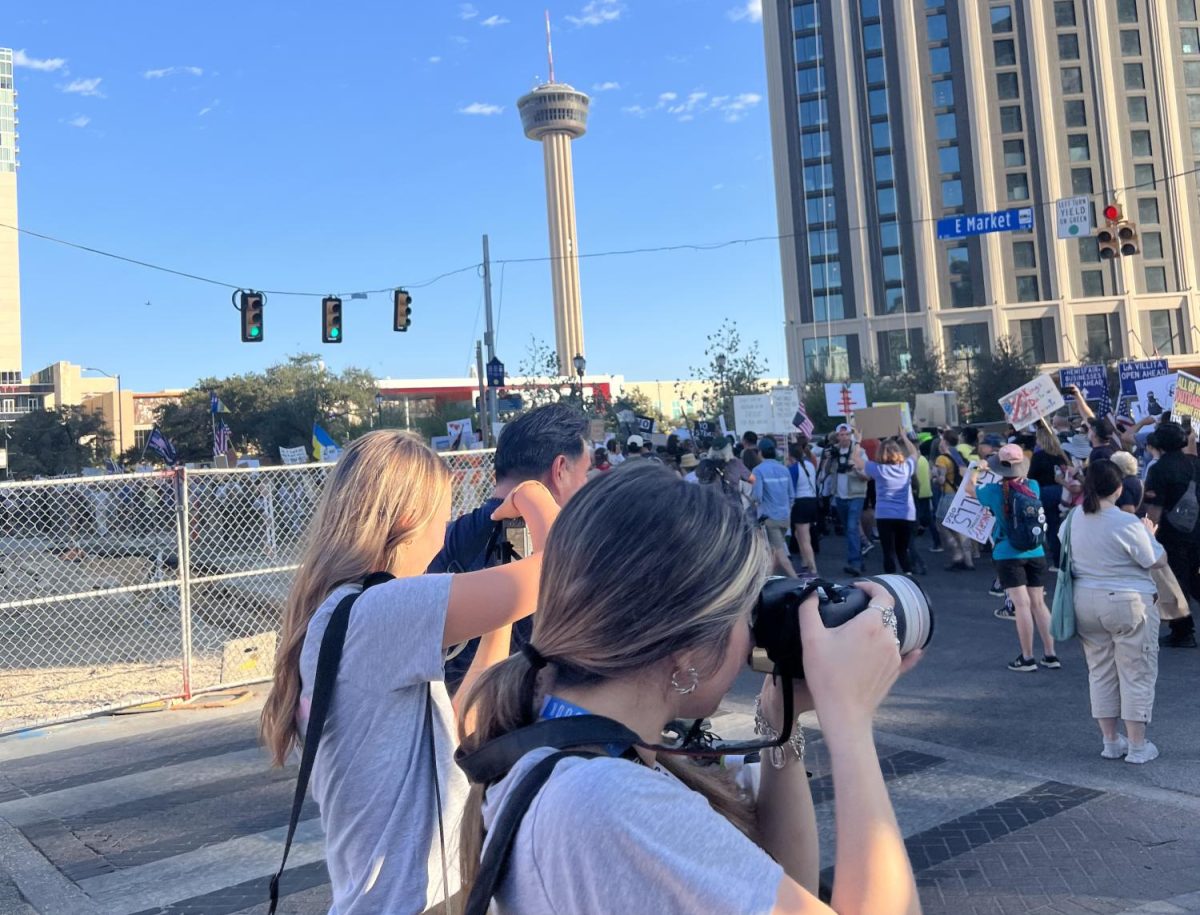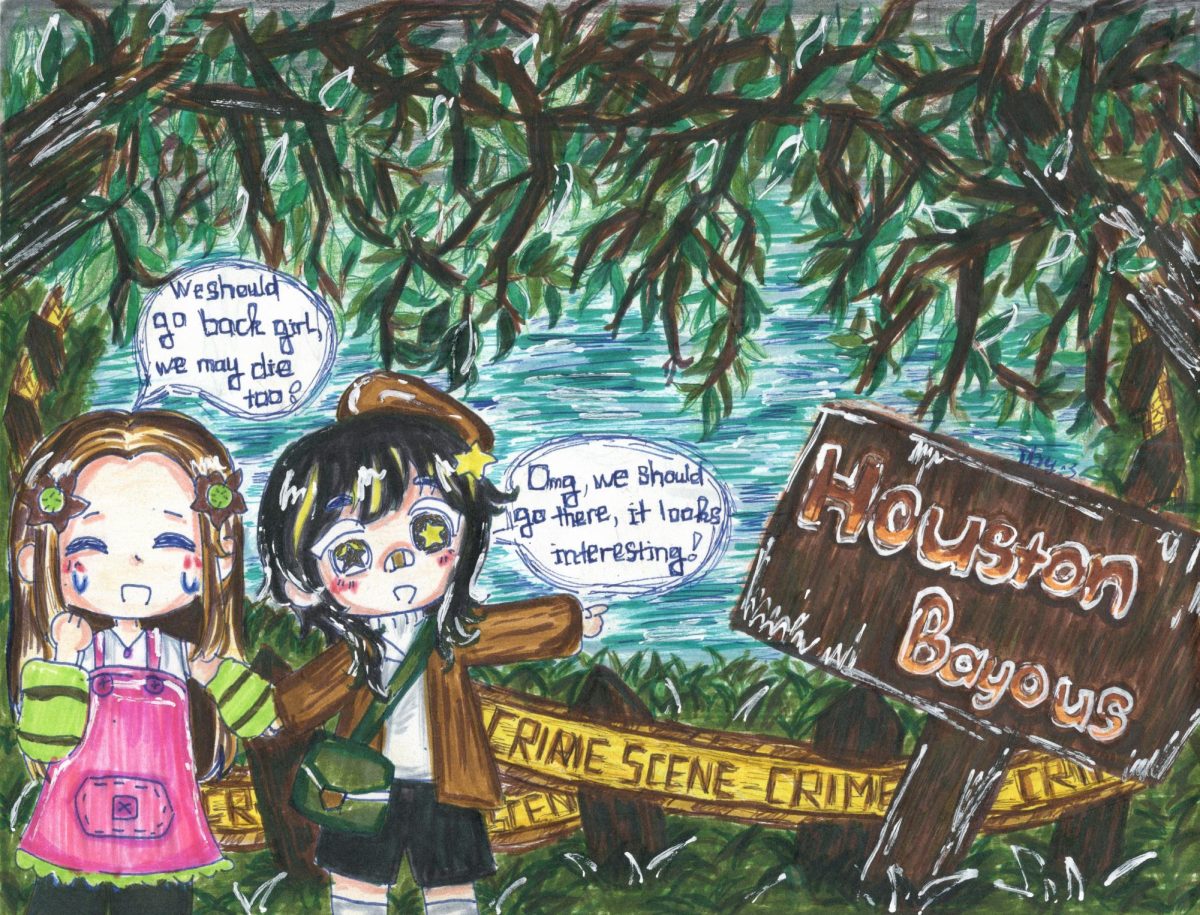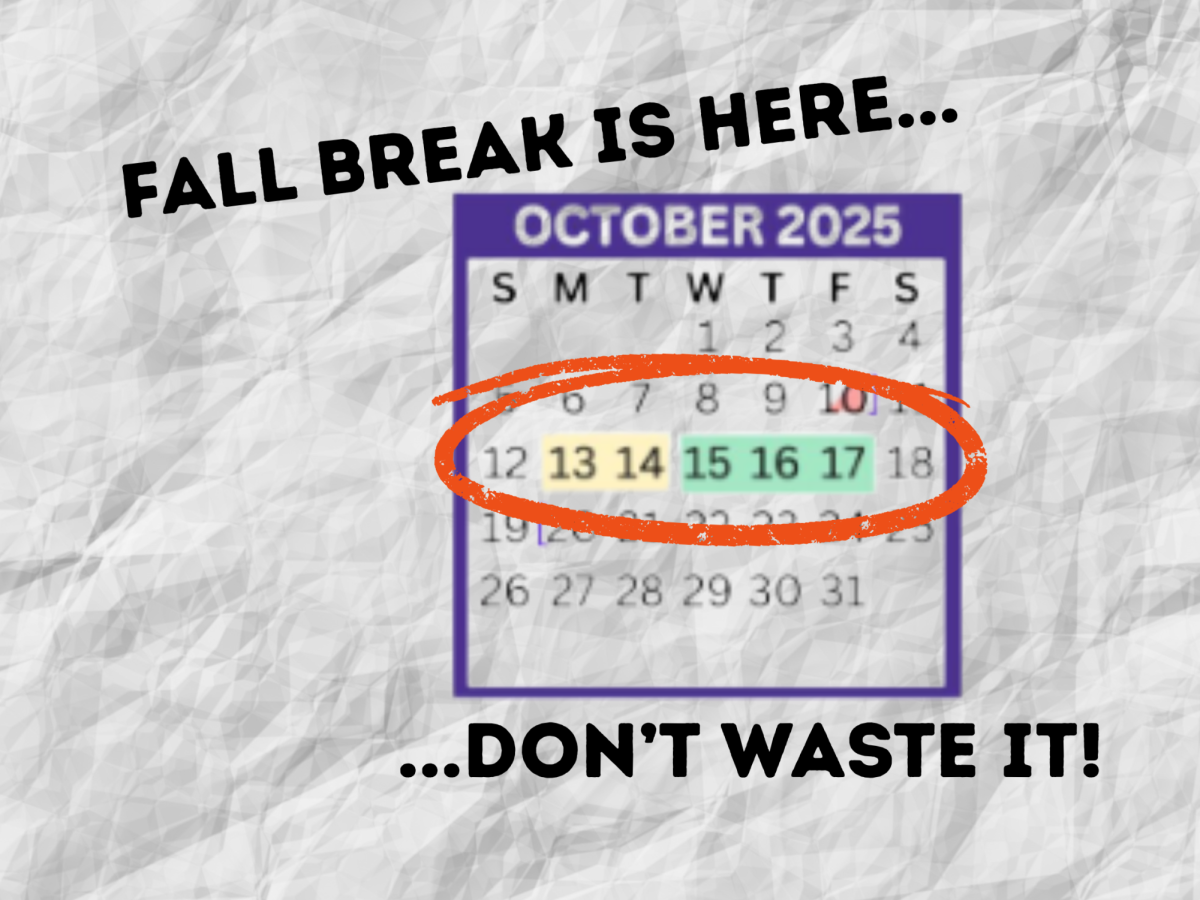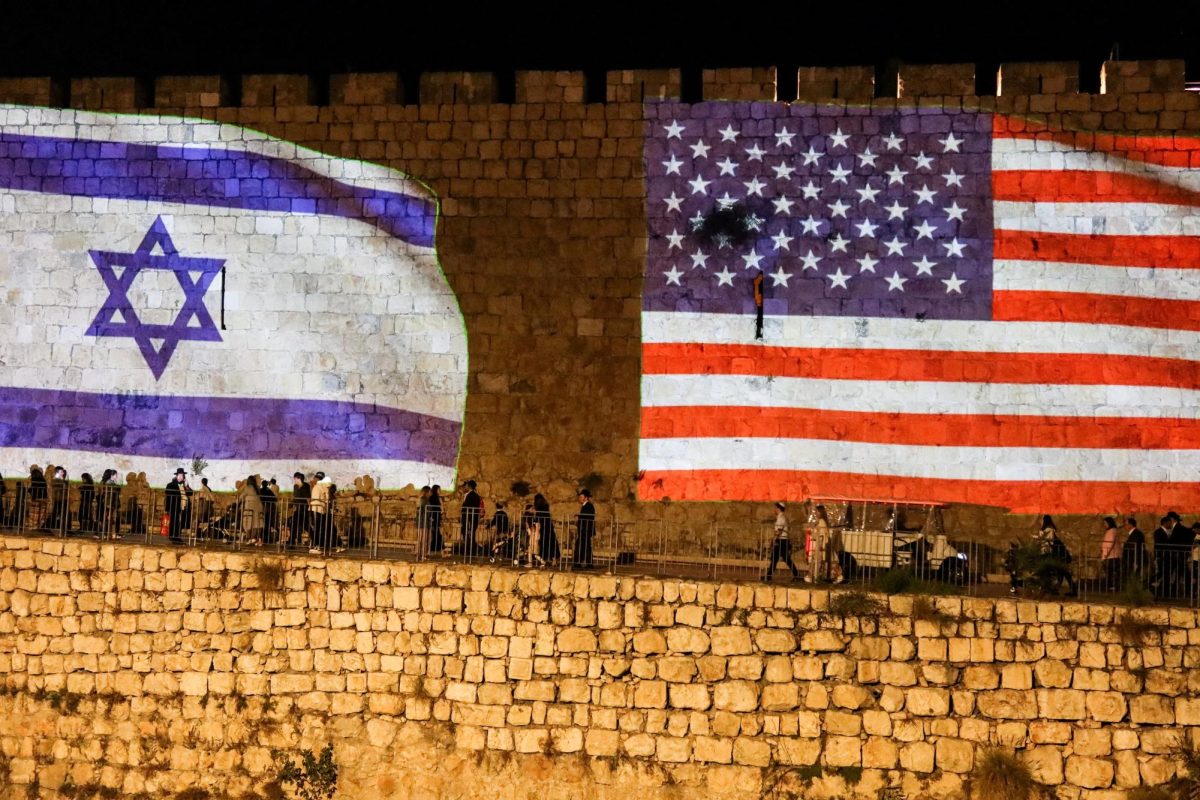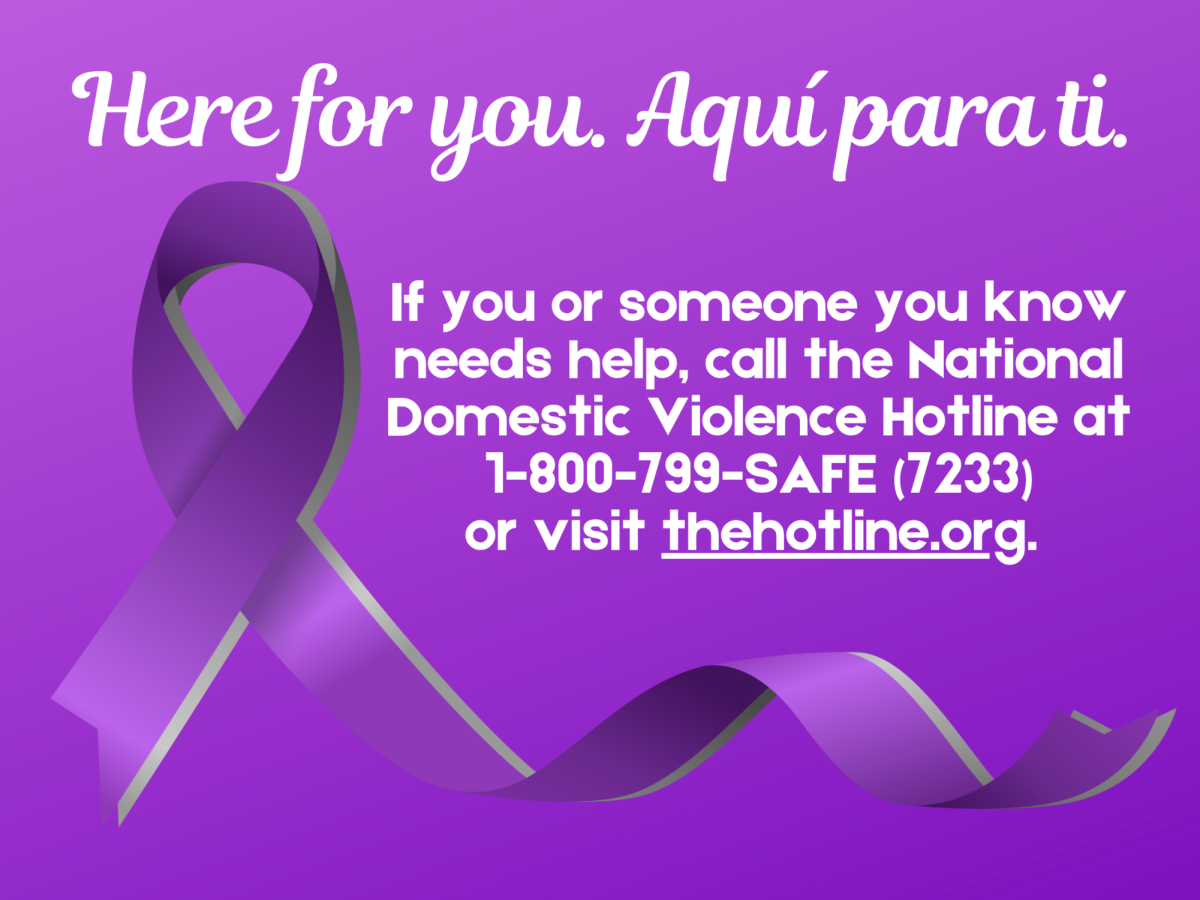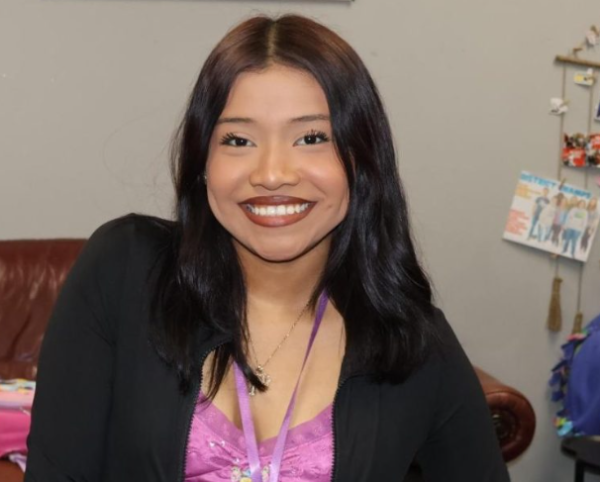“The hardest people to love are the ones who need it the most.”
This simple truth is one we often forget. When someone comes across as rude, unlikable, or distant, it might not be because they are naturally “mean.” More often than not, it is because life has not shown them the same kindness and warmth that others may have been given. A person who grew up surrounded by pain may not know how to offer love. A student carrying silent burdens may not know how to smile. Someone who only sees clouds in their world might not know how to reflect your sunshine.
And yet, instead of choosing to love, too many people choose to hurt.
In schools, online, and in everyday life, cruelty is often disguised as “jokes” or “fitting in.” According to the National Center for Educational Statistics, about 20% of students ages 12–18 report being bullied each year, many saying it happens because peers want validation from others. People laugh, gossip, or tear others down because it makes them feel accepted by the crowd. But behind every cruel word or careless action, there is a heart that absorbs it, a mind that replays it, and a soul that feels smaller because of it.
What we fail to realize is that we don’t know what the person sitting next to us is carrying. Some kids go home to empty houses, walking themselves to and from school without anyone asking how their day was. Others eat lunch alone, watching groups of friends laugh and wonder what it feels like to be seen. Some students are battling invisible illnesses, mental health struggles, or grief so heavy that just showing up to school is an act of courage.
The National Alliance on Mental Illness reports that 1 in 5 teenagers lives with a mental health condition, and suicide remains the second leading cause of death among teens and young adults. These are not just numbers—they are people. They are classmates. They are someone’s child, someone’s sibling, someone’s best friend.
As an empathetic person, I see how many lives are touched by pain every day, and it is heartbreaking to know that sometimes, instead of receiving love, those who are hurting are met with ridicule. But the truth is, it costs nothing to be kind.
Everyone you meet is someone’s baby. Everyone you meet is living their first and only life, just like you are. We may not all start with the same privileges, opportunities, or support, but we all deserve compassion. Especially when people are difficult to love, they need it the most.
As the future leaders, parents, and mentors of the next generation, we have a responsibility to build a culture of kindness. That means teaching empathy instead of hate, choosing respect over ridicule, and raising children who see the value in helping others. The future is in our hands—and it will only be bright if we choose to be the light for one another.
So the next time you are tempted to make a cruel joke or turn your back on someone who seems different, remember: you don’t know their story. But you do have the power to make their story a little better.
Be the good the world so desperately needs. Be the kindness you wish someone had shown you.


